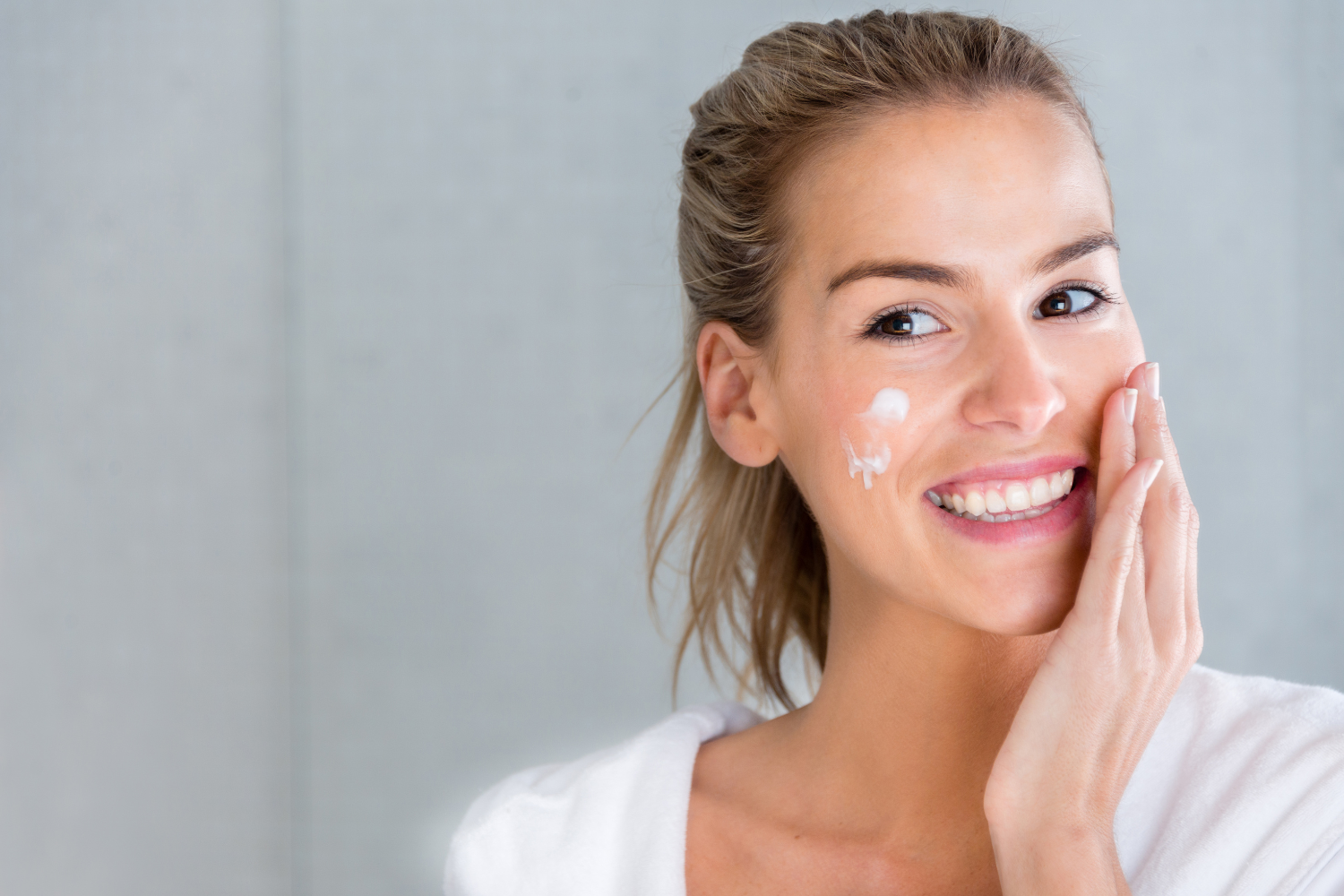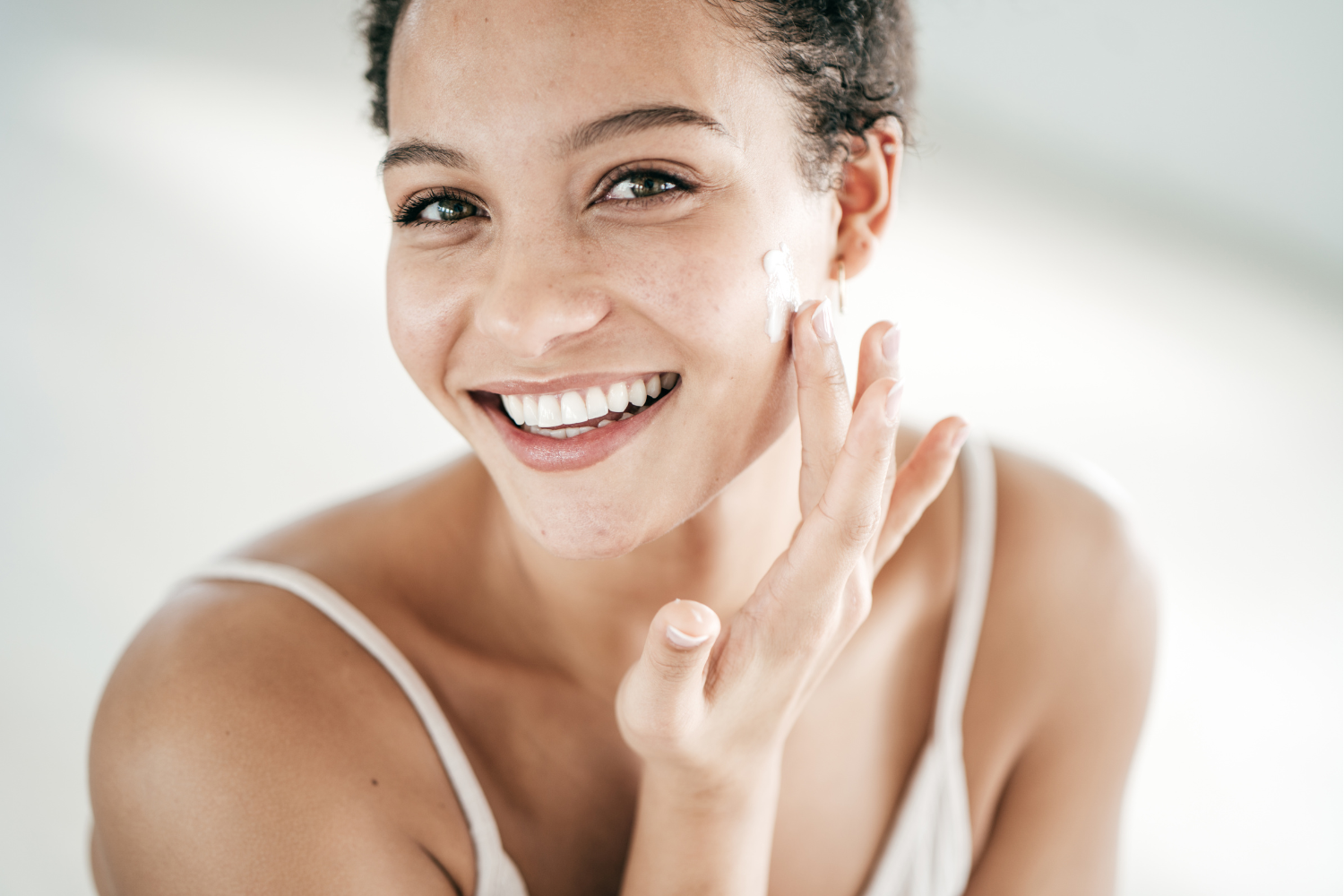Tretinoin vs Retinol: Which Therapy Should You Choose for Your Skincare Needs?
It's no secret that countless skincare products promise to restore a youthful glow, reduce wrinkles, and banish acne. Two ingredients that consistently stand out are Tretinoin and Retinol - both products of Vitamin A, also known as retinoids. While these two treatments share similarities, they offer different levels of potency, side effects, and results. In this blog post, we will explore Tretinoin and Retinol, their benefits, how they work, and which therapy could be the best choice for your skin.
What is Tretinoin?
Tretinoin, also known as Retin-A, is a prescription retinoid that’s highly effective in treating acne, minimizing fine lines and wrinkles, and stimulating collagen production. It’s significantly stronger than retinol and specifically formulated to penetrate deep within the skin and increase cellular turnover, revealing smoother, brighter, and more even-toned skin over time.
What is Retinol?
Retinol, on the other hand, is a more gentle, over-the-counter version of a retinoid that provides similar benefits, although less potent and with a slower onset of results. It’s converted into retinoic acid (the active form of Tretinoin) within the skin, making it a popular alternative for those with sensitive skin or those who are new to retinoid therapy.
What are the Benefits of Tretinoin and Retinol?
Both Tretinoin and Retinol offer a range of benefits for improving skin health and appearance.
Acne-Fighting Abilities
Since Tretinoin is a more potent retinoid, it’s highly effective in treating mild to moderate acne by unclogging pores and reducing inflammation. Retinol can also treat acne to a lesser extent but may be more suitable for those with infrequent breakouts or mild acne.
Anti-Ageing
Tretinoin is renowned for its ability to reduce fine lines and wrinkles and stimulate collagen production due to its higher concentration. While Retinol offers similar anti-ageing benefits, the results may appear more slowly and require consistent use over a longer period.
Possible Side Effects
While both Tretinoin and Retinol therapies can improve skin health, they may also trigger side effects for some individuals.
Sensitivity and Irritation
Tretinoin is more likely to cause skin irritation, peeling, and sensitivity due to its higher potency. This may be a particular concern for individuals with sensitive skin or certain skin conditions. Retinol is considered the gentler option but may still cause mild irritation and sensitivity for some.
Sun Exposure
Both Tretinoin and Retinol can increase your skin's sensitivity to the sun, making it crucial to wear sunscreen daily and limit sun exposure during treatment.
Which Therapy Should You Choose?
The choice between Tretinoin and Retinol depends on your skin type, your desired results, and your tolerance for potential side effects.
Opt for Tretinoin If:
- You have moderate to severe acne or prominent fine lines and wrinkles
- You want quicker and more potent results
- You are willing to experience some skin irritation initially
Choose Retinol If:
- You have mild acne or minimal signs of ageing
- You prefer a more gentle, over-the-counter option
- You have sensitive skin and are concerned about irritation
Ultimately, both Tretinoin and Retinol can deliver significant benefits to your skin, but the choice depends on your individual needs and preferences. Speak with a skincare professional or dermatologist to discuss your options and find the therapy best suited for you. Remember, either therapy requires consistency and patience; results may not appear overnight, but with time and dedication, you'll be well on your way to achieving healthy, radiant skin.
Do you have any personal experiences with either Tretinoin or Retinol? Which one worked best for you? Share your thoughts in the comments below!





